
POOR KENYA
08-02-2024 by Freddie del Curatolo
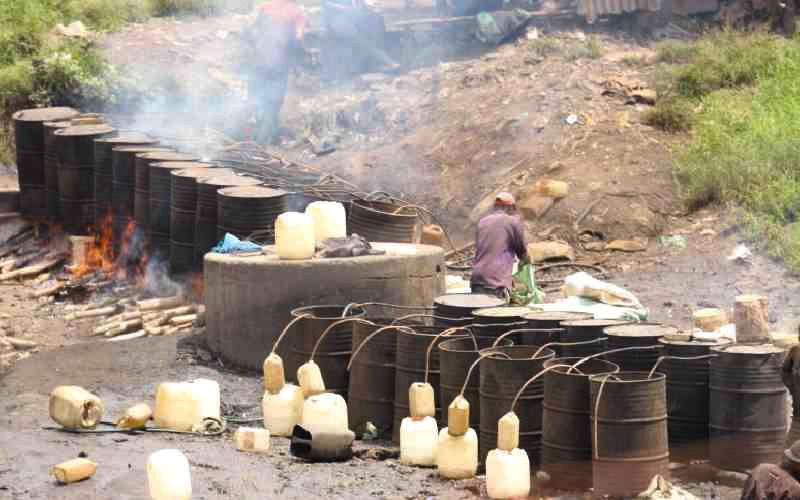
Another tragic news story brings to the surface one of the great problems with which the heart of Kenya, that of the lower social strata, rural areas and the outskirts of urban centres, has to contend: alcoholism.
And it is not only a problem of liver, lucidity, and the possible domestic and other violence that abuse can cause, but also of death and permanent infirmity, when the scarcity of money to buy commercial alcohol drives many Kenyans to drink illegally produced, highly harmful, toxic, artisanal spirits.
Two days ago, the latest sensational case, ten members of the same family, in Kirinyaga County, north of Nairobi, found themselves, as often happens in those areas, in a club having a bit of a spree.
A drink between relatives ended very, very badly.
The bar, said to be owned by a wealthy local businessman, produces 'craft beer', which is nothing more than a variation on the theme of the fateful 'Chang'aa', a fermented brew of millet, field vegetable leaves, fruit peels and any other natural waste that may come within reach. But whereas once upon a time the alcoholic concoction was as deadly (for those who had it, for almost everyone it was a mat of mud) as a Slovenian schnapps or a vodka made from Uzbek potato peels, today we tend to mix the 'marc' with chemical compounds. When it's good, methanol and ethanol, and when it's even better, in modest quantities, which still means getting stoned. Because producers often exaggerate and the results are nefarious.
As in the case of the family in the village of Kangai. The first six started getting sick as soon as they got home: vomiting, convulsions to the point of death. Four others went blind almost instantly, taking their last breath in the night. The last one expired the next morning in hospital.
Enraged village residents went outside the bar that had served the poisoned Changa'a (which in Kikuyu dialect means 'kill me quickly') and set it on fire.
The police arrived when the bar had already been reduced to ashes and the compatriots of the deceased had already fled. The National Authority Against Drug and Alcohol Abuse (Nacada) stated a few months ago that almost 5 million people in Kenya abuse harmful and illegal substances, with artisanal drinks being the number one. And mafias proliferate.
The Ruto government, since its first months in office, has been trying to change the ancestral habits of rural communities (starting on the slopes of Mount Kenya, where it should be easier to get to, rather than in the slums of Nairobi, where Chang'aa is made from used battery acid, brake fluid from dirty rags, and some even say used tampons, all of which accelerate fermentation). Deputy Minister Rigathi Gachagua, who comes from the Kikuyu areas close to the one where the family massacre took place, and his wife, are among the most fervent detractors of the production of spirits that are passed off as traditional drinks (such as Muratina, which was originally derived from an African fruit similar to carob) but which in reality now have little that is natural.
Last summer, in the five counties surrounding the slopes of Mount Kenya, more than 6,000 premises dedicated to self-produced spirits were closed. A shot of Changa'a costs ten shillings at most, twenty times less than a beer and fifty less than a whisky. And it is much more addictive than an original spirit, so much so that those under its influence are practically like drug addicts and will do anything to obtain a litre of poison. Even prostitute themselves (and not just women) or clearly steal.
But 'kill me quick' almost always fulfils its promise and if it really can't kill, it reduces people like larvae, leaving them in a semi-conscious condition for most of the day, by the roadside or in some corner of a wall. Which, as the poet said, 'is a slightly worse death'.
NEWS
by Freddie del Curatolo
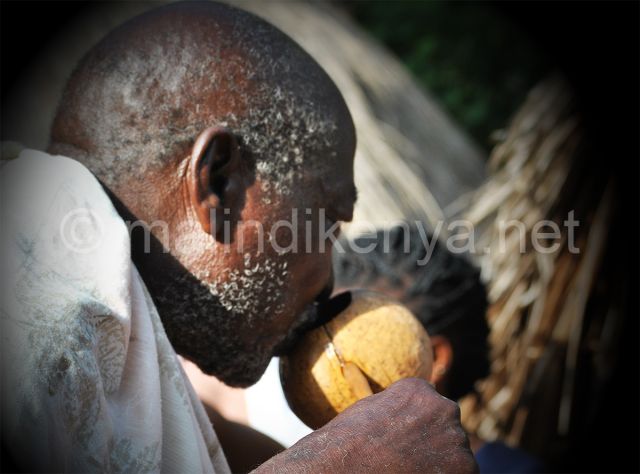
The Kenyan government has decided to wage war against a scourge almost as old as the world, which...
DRUG OR NOT?
by Freddie del Curatolo

Those who comes often to Kenya, and especially the coastal strip and its tourist destinations, have...
INSIDE KENYA
by Freddie del Curatolo

President Kenyatta's decision to ban the sale and consumption of alcohol in public places in ...
AMBIENTE
by Freddie del Curatolo
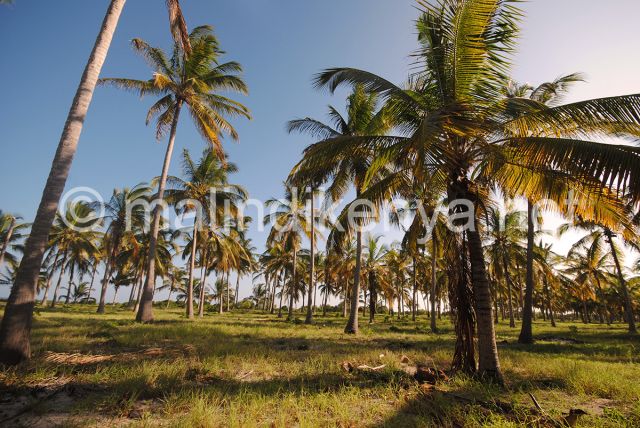
They have always represented a certainty for the inhabitants of the coast and its immediate hinterland, and...
NEWS
by redazione

Following requests from the Kenyan Tourism Minister, Najib Balala, and hospitality and public...
REPORTAGE
by Freddie del Curatolo

In Matsangoni you dance, in Matsangoni you live long.
The village...
EVENTS
by redazione

The festive season of the Kola Beach Mambrui this year is about culinary and solidarity, encouraging the meeting but also the well-being and relaxation.
With the outline of the elegant atmosphere of the pool and the golden beach, under the...
STREET FOOD
by Freddie del Curatolo
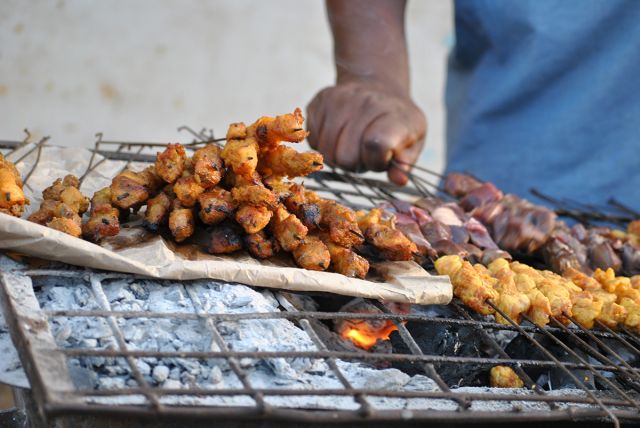
In the beginning was matumbo.
Kenyan food is almost always "street food", in the sense that it is cooked not only in public but at...
EVENTS
by redazione
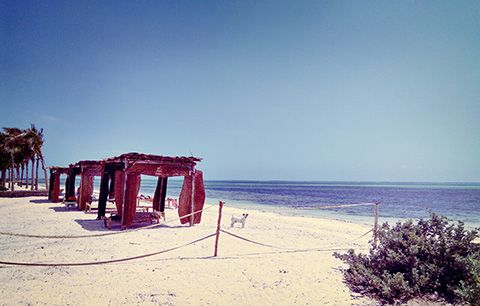
Easter between relaxation and pleasure in Mayungu. The Malaika Beach Villas for the evening of Saturday, April 15 organized a special evening with dance show Giriama with free buffet dinner for guests of the resort and pay for outside (just...
CURIOSITY
by Freddie del Curatolo
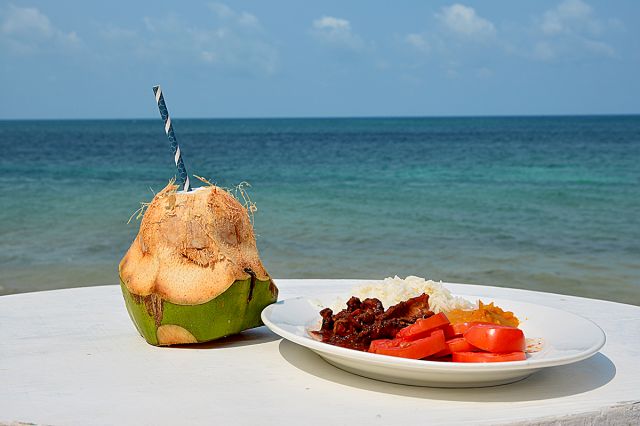
This unfortunate period in which the pandemic for the past six months seems to ...
CHRISTMAS
by redazione
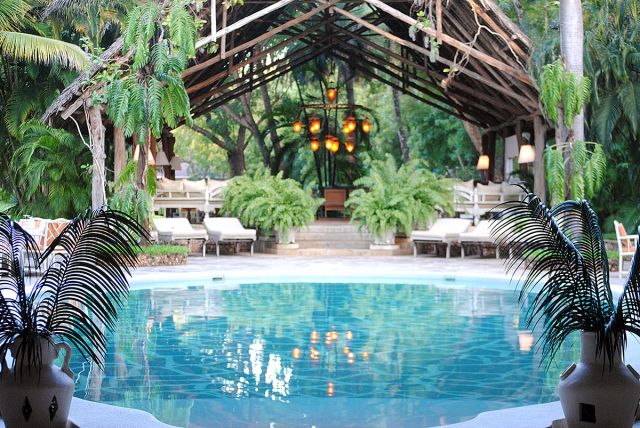
Three evenings for all tastes to celebrate Christmas in one of the most exciting clubs of the season.
In ...
NEW YEAR'S EVE
by redazione
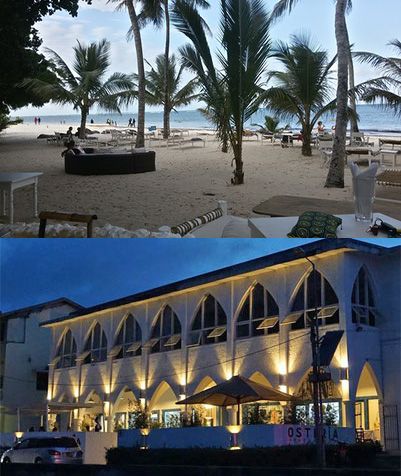
Last of the year at the two Osteria di Malindi and first grand buffet of 2020 at the Osteria Beach. As per ...
EDITORIAL
by Freddie del Curatolo
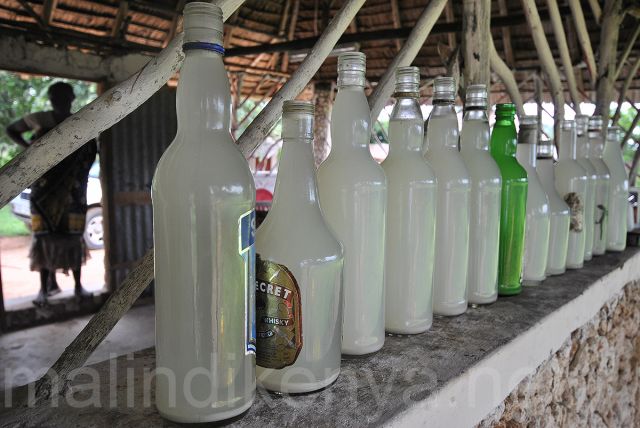
ENVIRONMENT
by redazione

Trucks that come and go at any time of day or night, along dirt roads but widened and leveled specifically for them to pass, that sawing in two peaceful villages of huts and some houses in masonry.
The scenery of...